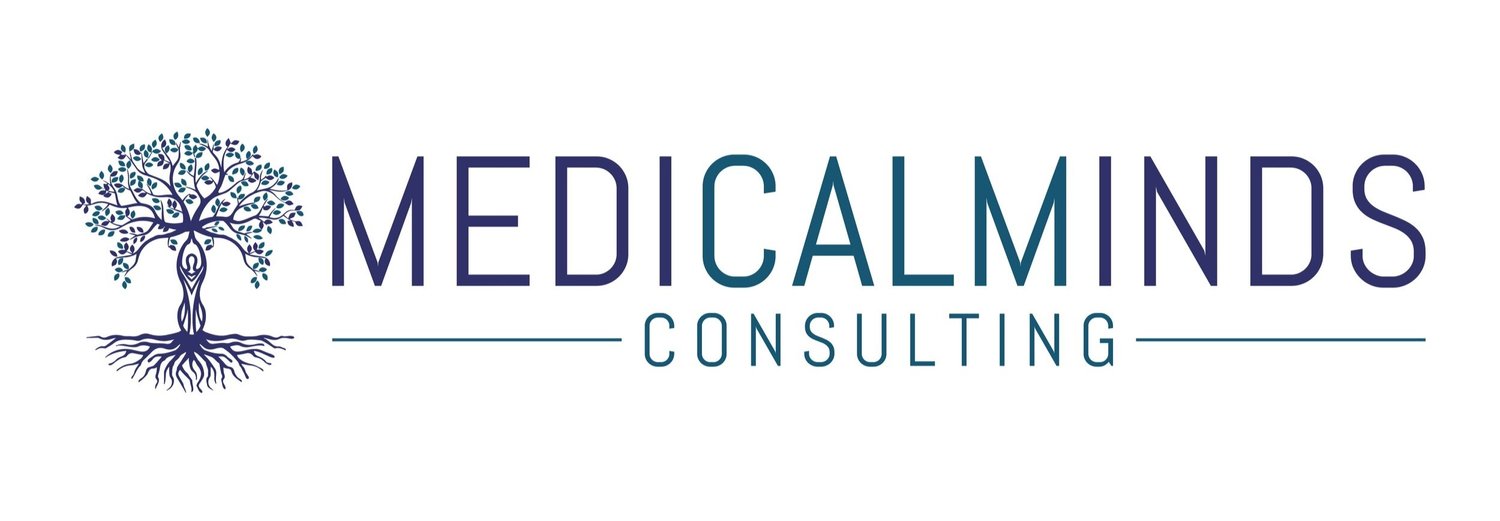Are Guilt and Shame Making Your Burnout Worse?
My last blog post covered the experiences of people who work in health care in the time of Covid (and many who don’t). I mentioned that guilt and shame arise when we judge ourselves for the things we think and feel. For clarity, I didn’t get into the very important differences between guilt and shame, so I will in this post.
I ended the post, which you can read here, with “Give yourself the grace to be human instead of adding “do better” or “be a better person” to your To-Do list.
Why did I say it both ways? Kind of cumbersome. Lacks linguistic punch, and I LIKE that kind of punch.
I did it to distinguish between guilt and shame. You may experience one or the other in response to your own thoughts or feelings. Or Both.
Both impact your sense of well-being, but one is ultimately toxic.
I feel certain that pretty much all physicians have felt both of these emotions at times. The only ones who haven’t are probably sociopaths, since, by definition, sociopaths do not experience those emotions, and let’s hope their representation in healthcare is minimal.
Brene Brown, in her second TED talk (you can watch it here) differentiates these emotions as: “Shame is a focus on self, guilt is a focus on behavior. Shame is “I am bad.” Guilt is “I did something bad.” How many of you, if you did something that was hurtful to me, would be willing to say, “I’m sorry. I made a mistake?” How many of you would be willing to say that? Guilt: I’m sorry. I made a mistake. Shame: I’m sorry. I am a mistake.”.
This is a very important distinction. We feel guilt over something we did or said or even thought. We feel shame when we think there is something fundamentally wrong with us that cannot be changed or redeemed. That’s why it is so toxic.
It strikes at the very heart of who we are and gives us no option for the future. Guilt we can learn from. Shame is only unending wrongness and misery. Guilt can actually lead to mastery, as we are constantly striving to learn and improve. With shame, we learn only that we are worthless. And it’s permanent.
Brene Brown even uses a medical example in her TED Talk. Checklists. “We heard a brilliant simple solution to not killing people in surgery, which is have a checklist. You can’t fix that problem without addressing shame because when they teach those those folks to suture, they also teach them how to stitch their self-worth to being all-powerful. And all-powerful folks don’t need checklists.”
My self-worth has actually never been tied to “being all-powerful” but it was definitely stitched to not making mistakes and doing the job perfectly. Both are unattainable ideals that can result in shame. But if my self-worth is instead stitched to “always learning and improving”, I now have an action plan for the future that can alleviate any guilt I might have felt about what I thought, said, or did.
So, should we eliminate shame from our emotional diet? I wish it were so easy, like a delete button on a keyboard or gluten. It’s not. Shame is part of being human. It cannot just be eliminated. But there is something you can do when you feel shame or hear yourself condemning who you are. You can take no more than a taste, realize it’s gone bad, and refuse the rest.
Shame can’t be excised, but it can be transformed into guilt, simply by changing the language.
Because you can morph your initial experience of shame to one of guilt. If you hear “I’m a bad doctor” in your head, switch it to “I did/said something that did not align with my values and desired identity” and commit to changing that behavior in the future.
Like the last post, this requires that you extend yourself the permission to be human, which after a lifetime of believing any mistake is a failure, is a practice. It is something that will require attention and repetition to become more natural but will free you from the prison of perfectionism.
Coaching can help you change how you speak to yourself. Click the button below for more information about coaching.






















